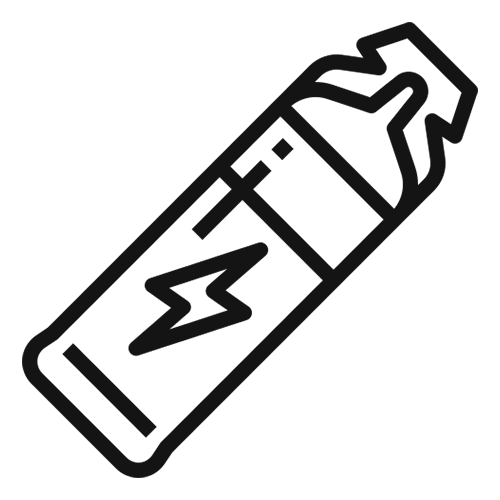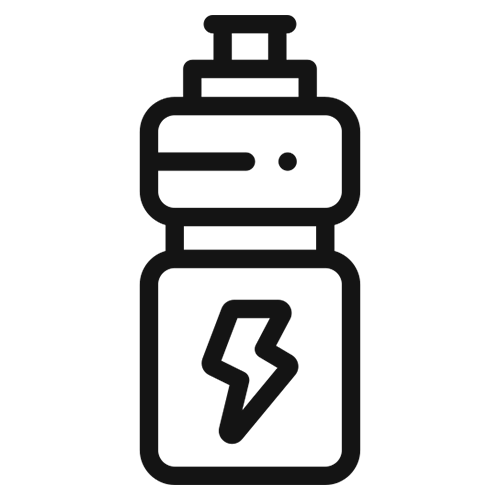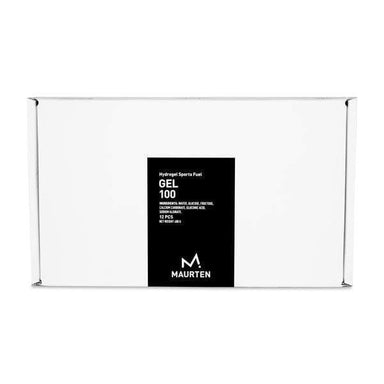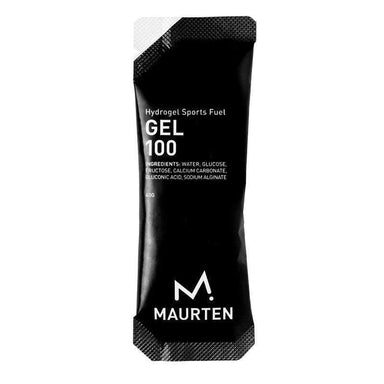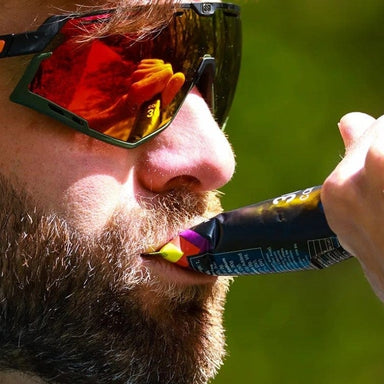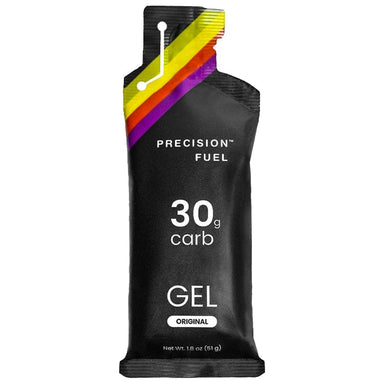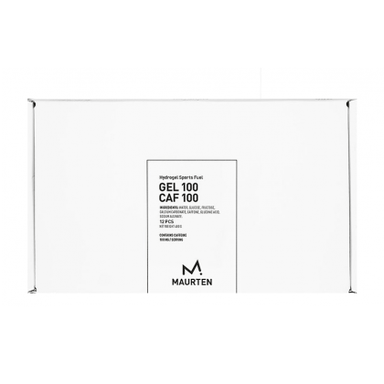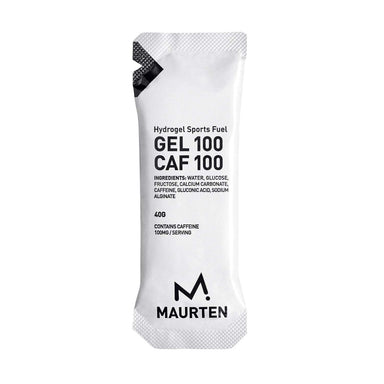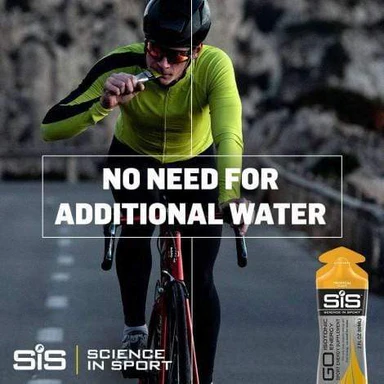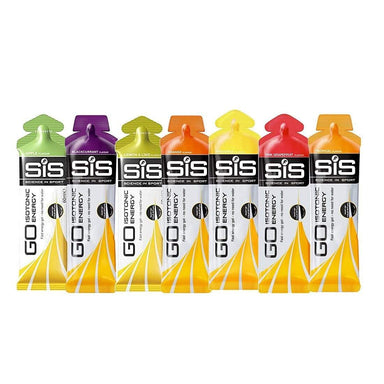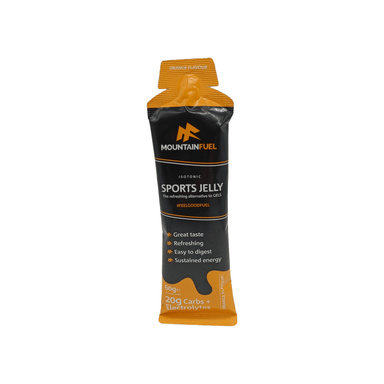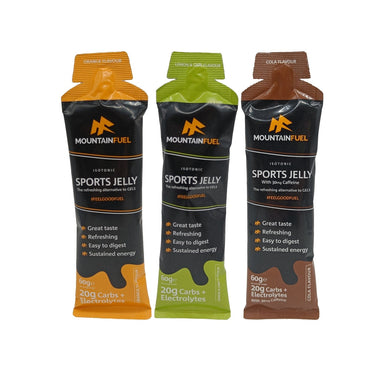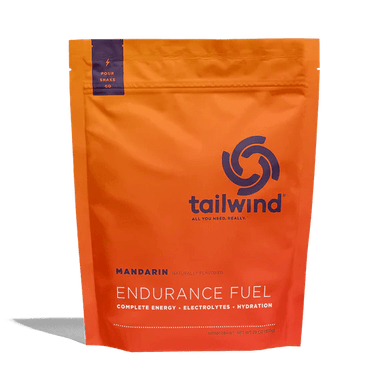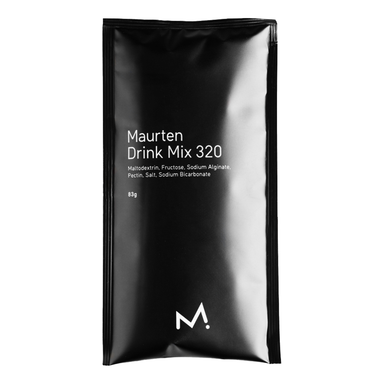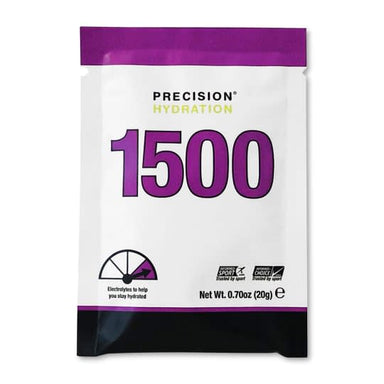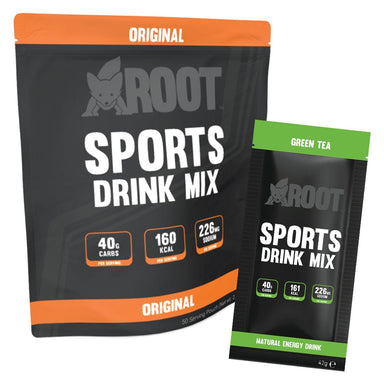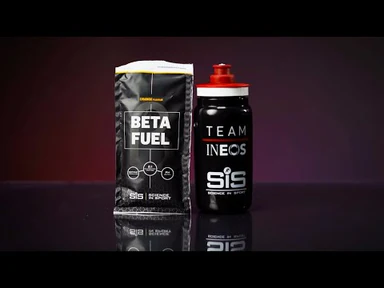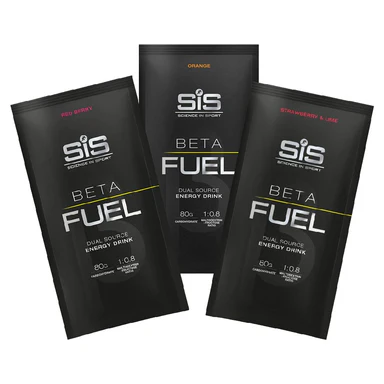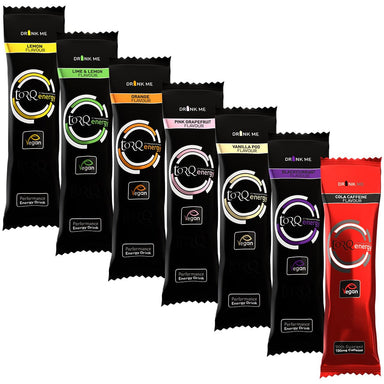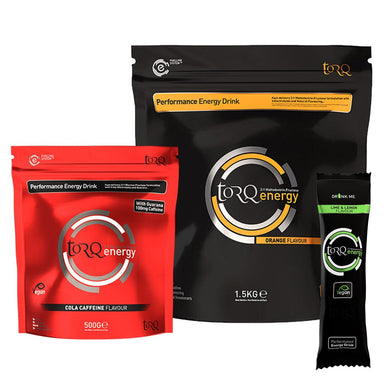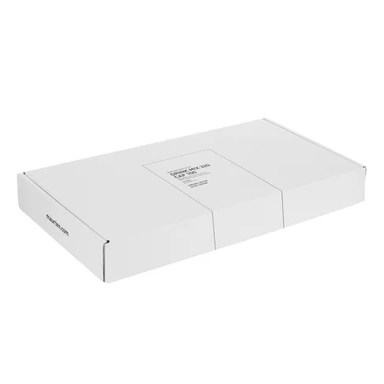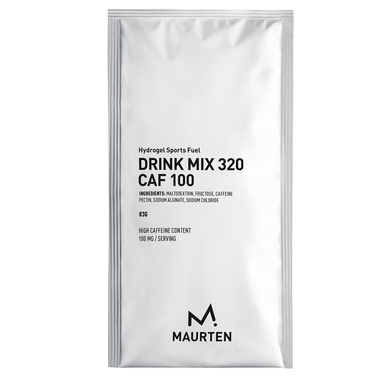Nutrition for Cycling

Fueling your bike ride is important to maintain energy levels and performance, especially during longer rides, 60 minutes or more. As you cycle, your body uses up glycogen - its main fuel source. Without adequate glycogen replacement, you'll start to feel fatigued, have trouble concentrating, and your pace will slow.
Energy gels and energy drinks provide easily digestible carbohydrates to top up glycogen as you cycle. Gels offer concentrated doses of carbs in a portable, convenient package. Energy drinks provide lower concentrations delivered steadily as you sip. Aim to consume 30-60 grams of carbs per hour from gels and/or drinks when cycling for over 60-90 minutes.
Stay well-hydrated before and during your bike rides by drinking up to 500ml of fluid 2-3 hours pre-ride. For longer efforts, aim for 100 to 200ml every 20 to 30 minutes. Water suffices for shorter rides, but opt for hydration drinks on rides exceeding 60 minutes to replenish lost electrolytes.
Optimize recovery post-ride by consuming a mix of protein and carbs within 30 to 60 minutes. Aim for 0.3-0.5 grams of protein per kilogram of body weight. Convenient options include recovery drinks or recovery bars. Prompt refueling reduces muscle soreness and prepares you for robust training in the days ahead.
Cycling Nutrition: Insights
Nutrition for Cycling: FAQs
What should I eat before a ride?
Before longer rides, eat foods that are easily digestible and will provide long-lasting energy. Good options include oatmeal, whole grain toast with nut butter, banana with nut butter, or low-fiber energy bars. Avoid heavy, high fat, or high fibre foods that may cause GI issues.
What types of food and drink should I consume during a ride?
Consuming calories and electrolytes during your ride can help fuel your muscles, prevent bonking, and offset dehydration. Good on-bike nutrition includes energy gels, energy chews, energy bars, bananas, granola bars, electrolyte drinks, coconut water, and electrolyte capsules or powders to add to your water bottle. Aim for 30–90 grams of carbs per hour depending on intensity and duration of your ride.
Should I use energy gels and energy drinks? What’s the difference?
Both play an important role! Energy drinks like Maurten Drink Mix 320 provide carbs and electrolytes. Energy Gels like GU Energy Gel give a compact shot of quick digesting carbs for fuel, and sometimes electrolytes, caffeine and other vitamins. Using both during long intense workouts provides fuel plus hydration. You can use both during training sessions — if you are planning on using both on race day, make sure to practise this during your training, and aim for 30g to 90g of carbohydrates per hour.
What is the best way to stay hydrated on rides?
Sipping electrolyte drinks regularly throughout your ride is ideal for hydration. Aim to consume 500ml to 1,000ml of fluid per hour depending on weather, intensity and individual sweat rate. Pay attention to signs of dehydration like headache, cramping or dark urine. Additionally monitor your weight before/after rides to gauge hydration needs.
What should I eat after a ride? What helps recovery?
Recovering properly after a long or intense ride helps your body repair, refuel, and prepare for the next ride. Good recovery nutrition includes carbohydrates to replenish glycogen stores, protein for muscle repair, and fluids and electrolytes to rehydrate. Quickly consuming carbs like chocolate milk, smoothies, rice cakes, or a banana paired with proteins from yogurt, eggs, or cheese will best facilitate recovery.
A complete recovery drink would contain protein, carbohydrates and minerals all required for proper recovery. We suggest Tailwind Recovery Fuel or Victus' 03 After.
How can I avoid GI issues that sometimes occur on rides?
GI discomfort like cramping, bloating, or urgency to have bowel movements mid-ride can stem from nutrition choices, dehydration or high intensity efforts. Culprit foods tend to be high fibre, fatty or heavy items that take longer to digest. Staying adequately hydrated and fueling with simpler carbs easier on the stomach can help.

